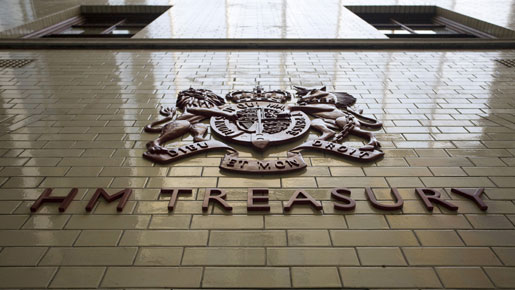
Britain’s economy may have exited recession in the final three months of 2009, the British Chambers of Commerce said recently, though its latest survey showed it was a close-run thing with the services sector still in decline.
In its Quarterly Economic Survey of over 5,000 firms, the BCC said there had been improvements in some areas of the services and manufacturing sectors, but that any overall gains had been modest compared with the previous quarter.
Indeed, services companies reported that domestic sales fell at the end of last year even faster than they did in the third quarter, offsetting a pick-up in the manufacturing sector.
Services make up more than two thirds of British GDP, and a surprise fall in third-quarter services output was a major reason why overall GDP continued to shrink then and Britain did not exit recession as economists had expected.
The BCC said that its latest survey cast doubt on whether Britain’s economy had actually come out of recession.
“My expectation is there will be a small plus in the GDP data for Q4, but taken on its own, the QES doesn’t point to that conclusively,” said the BCC’s chief economist, David Kern.
Most analysts reckon official data later this month will show Britain emerged from six quarters of recession at the end of last year, helped by government and Bank of England action to kick-start growth.
“It’s clear the economy is struggling to get out of recession. Even if we get a positive [Q4 reading], there is a significant risk of a double dip, and avoiding that is the main policy priority,” Kern said.
The Bank of England kept interest rates at a record low 0.5 percent for most of the last year and has been buying British government bonds to help get cash flowing through the system.
But the central bank is nearing the end of its £200bn quantitative easing programme, and Kern said policymakers should now focus on encouraging banks to lend to small businesses, who still find it hard to get credit.
“We think they should stop at £200bn, and they should now consider more specific measures aimed at stimulating lending. For example, impose a negative interest rate on deposits held by commercial banks at the BoE … to discourage the hoarding of cash.”
Indeed, the BCC survey showed firms were still cutting back on investment at the end of last year and that their cashflow positions remained constrained.
However, services firms were more confident about the outlook for turnover and profitability, and manufacturers seemed to have benefited from the weak pound, with the export sales and orders balances surging to their highest in more than a year.

